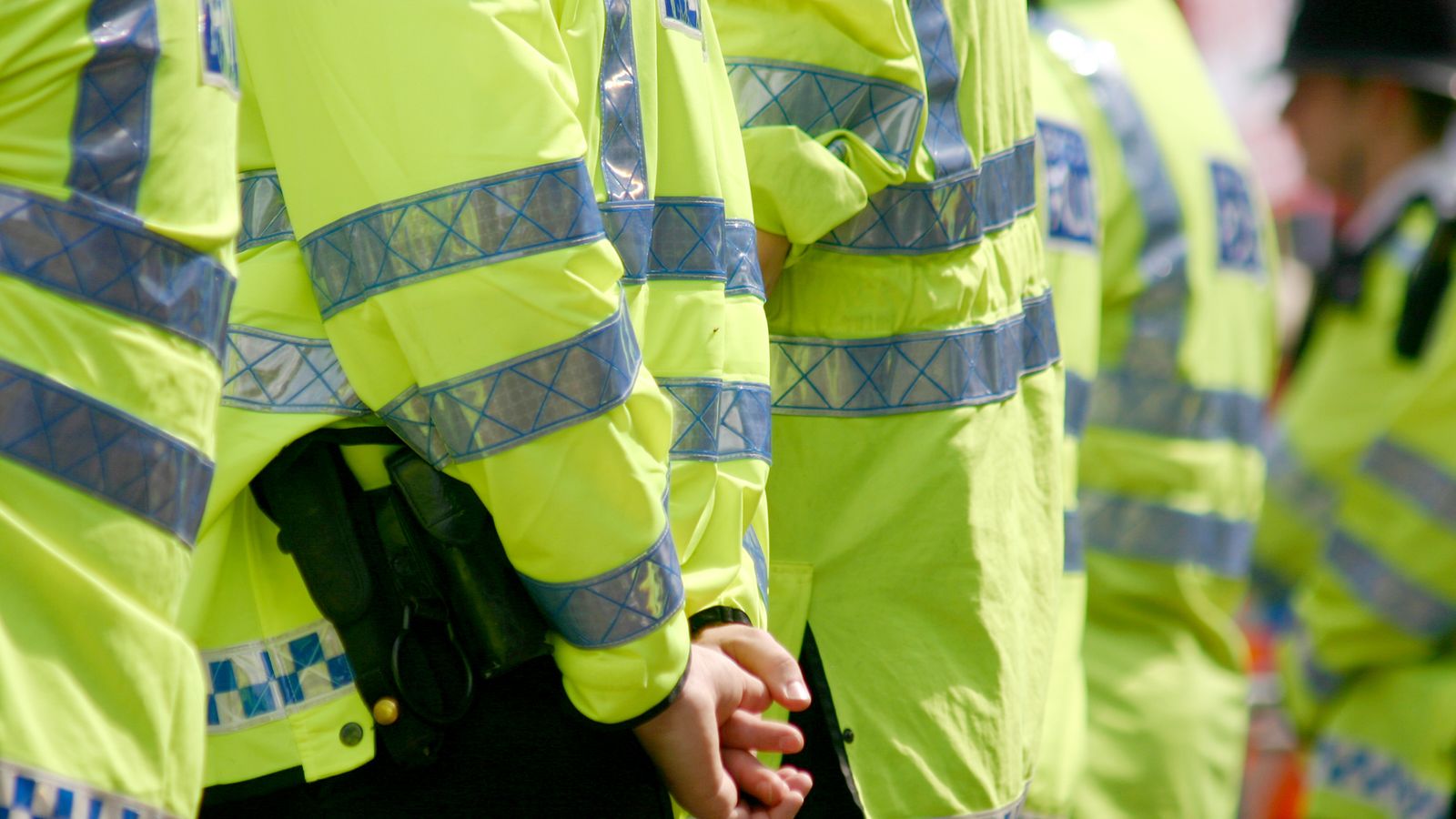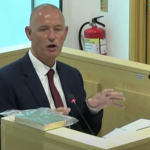A police force has said it took no further action against an officer accused of raping two colleagues because there was “no realistic prospect” of him being charged.
The Metropolitan Police officer accused of the attacks is set to face a misconduct hearing three years after the alleged offences.
The unnamed policeman, who was reportedly in abusive relationships with both women, was not charged or suspended and continued working for Britain’s largest police force in a reduced capacity, according to an investigation by the BBC with the Bureau of Investigative Journalism.
Last year, the government-run Criminal Injuries Compensation Authority (CICA) awarded both women significant sums of money after concluding police evidence suggested each had been subject to sexual and physical abuse.
The off-duty alleged offences were reported to Essex Police in 2017, and it said it carried out a lengthy inquiry but acknowledged there were “areas for improvement in the management of these investigations”.
The force added it was told there was “no realistic prospect of charge” after passing its file to the Crown Prosecution Service (CPS) in 2019.
An Essex Police statement said: “As a result, the suspect for both investigations was told he would face no further action.
“In this case, there was no immediate safeguarding concern due to the non-recent nature of the allegations and the lack of contact between suspect and victims.”
But one of the women, who was given the pseudonym Holly to protect her anonymity, told the BBC it was a “really bad investigation” with poor evidence-gathering.
She also claimed Essex Police “didn’t even finish taking all my allegations”.
Scotland Yard said its professional standards body monitored the criminal investigation and then “determined in late February 2021 that the officer had a case to answer for gross misconduct”.
Siobhan Crawford, a solicitor who works with survivors of sexual abuse, suggested the Metropolitan Police took “far too long” to take any “positive steps” over the allegations.
She added the case could “sound alarm bells about how survivors of domestic abuse are treated in the first instance”, and indicated it could discourage other women from coming forward.
Ms Crawford said: “These women are police officers as well, they know what a good, proper investigation looks like and they knew they were let down and they were able to raise that.
“Survivors of sexual assault at the hands of police are unlikely to come forward for fear of not being believed, I think this case illustrates that the police simply do take a long time to investigate.”
A Metropolitan Police statement said a date for the misconduct hearing had not yet been set but that it “will be expedited as quickly as possible”.
It said: “In line with normal process, it was not appropriate to progress misconduct matters until all criminal matters had been finalised so all available information could be fully considered.
“The Metropolitan Police Service takes all allegations of domestic abuse extremely seriously and is right and proper that the full circumstances of this case should be considered at a hearing.”
Holly was last year awarded £17,100 in compensation by the CICA which said “police evidence indicates that you were a victim of sexual abuse”.
Meanwhile, the other woman, identified only by the false name Kate, received £11,600 in compensation, with the CICA saying she had been raped and subjected to “serious physical abuse”.
Outlining the allegations, Holly told the BBC she was “in an unbelievable amount of pain” after being thrown against a sofa, cracking her ribs.
Kate said she was “beaten up in my car” while it was parked on police premises.
The officer, given the pseudonym David in the investigation, has reportedly not worked in a public-facing role since the allegations were made in 2017 but has never been suspended.
The CICA decides cases on a standard of proof known as “on the balance of probabilities”.
The CPS, which decides whether there is enough evidence to charge someone and take them to court, examines claims to the higher standard of whether there is a “reasonable prospect of conviction”.
Juries decide cases to the criminal standard of “beyond reasonable doubt” after hearing all the evidence in court.
Labour MP Jess Phillips, the shadow minister for domestic violence, told the Bureau of Investigative Journalism: “The public would expect an officer under investigation for such a thing to at least be suspended.
“There is an enormous piece of work that is going to need to be done to make people feel they’re going to be listened to and believed, especially when their alleged perpetrator is a serving police officer.”
Conservative MP Caroline Nokes said: “The failure to investigate in a prompt manner and suspend accused officers from work simply doesn’t encourage victims to speak out.”






















